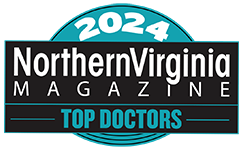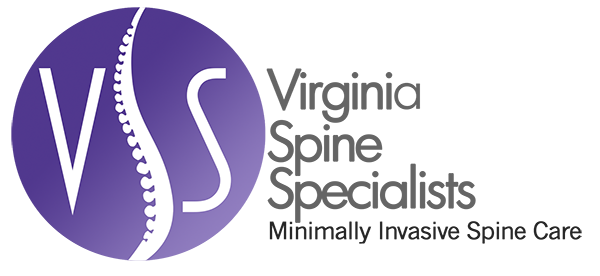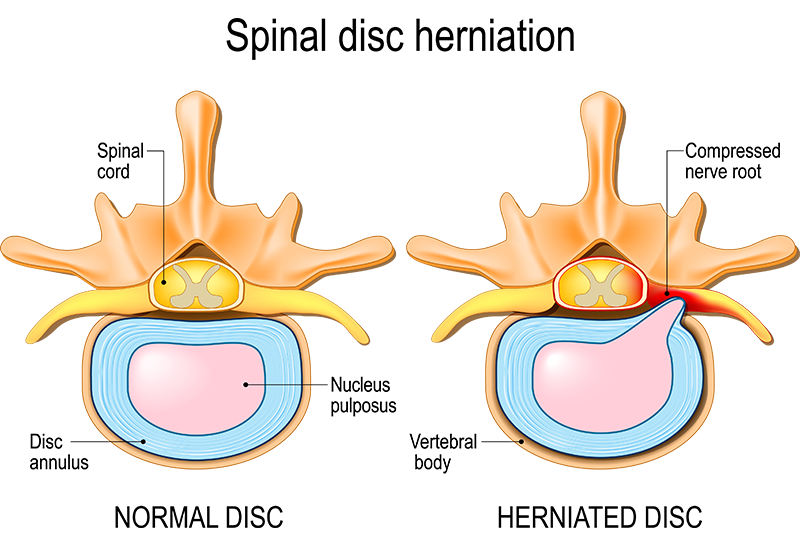Don’t Delay the Diagnosis of a Herniated Disk
If you suspect a herniated disk, the last thing you want to do is put off treatment. But before you can receive treatment, you need to be diagnosed. Fortunately, a back or neck specialist can examine you in the office and order one or more tests to confirm or rule out this injury. Here are the four most common types of imaging tests used to diagnose a herniated disk:
- X-ray: While an x-ray cannot detect a herniated disk, it can detect other causes of back pain such as a broken bone or tumor.
- CT scan: Through the creation of cross-sectional images of the spinal column, your medical team will gain a comprehensive view of the affected area.
- MRI: An MRI is most commonly used to confirm the location of a herniated disk while also determining which nerves are affected.
- Myelogram: A dye is injected into the spinal fluid before a CT scan is conducted. This allows for a clear view of any pressure on the spinal cord or nerves, such as that caused by a herniated disk.
A herniated disk is nothing to take lightly. Rather than treat yourself at home and hope for the best, consult with a back and neck specialist. An accurate and timely diagnosis can help you receive the treatment you need.
Virginia Spine Specialists is an award-winning, minimally invasive spinal care practice with locations in Fredericksburg, VA and Manassas, VA. We also serve these Northern and Central Virginia locations: Haymarket, Gainesville, Culpepper, Front Royal, Spotsylvania, Stafford, Colonial Beach, Tappahannock and Lake Anna.

Categories
Archives
Contact Dr. Mudit Sharma
Phone: (571) 921-4877
Toll Free: (855) 774-6334
Monday – Thursday: 8am – 4pm
Friday: 8am – 2pm
Fredericksburg
4604 Spotsylvania Parkway, Suite 300 Fredericksburg, VA 22408
Manassas
8650 Sudley Road, Suite 315
Manassas, VA 20110-4418

